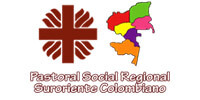Pastoral Social Regional Suroriente Colombiano (PSRSC), emerged in 1998 as a space for coordination, administration and management, supported by a multidisciplinary work team, encourages, accompanies and supports the social work of the Church in the Departments of: Meta, Guaviare, Vichada, Guainía, Vaupés and Amazonas, through the Social Pastoral of the Archdiocese of Villavicencio, the Dioceses of Granada in Colombia and San José del Guaviare; the Apostolic Vicariate of Puerto Gaitán, Puerto Carreño, Inírida, Inírida and San José del Guaviare: Archdiocese of Villavicencio, the Dioceses of Granada in Colombia and San José del Guaviare; the Apostolic Vicariate of Puerto Gaitán, Puerto Carreño, Inírida, Mitú and Leticia. The territory covers an area of 475,375 Km2 and is home to approximately 1’200,000 people, including llaneros, settlers and indigenous people.
Members
The Civil Society Roundtable for Transparency in the Extractive Industries is comprised of non-governmental organisations, universities, foundations, social organisations, and experts who are linked through their actions to the analysis of the extractive industries sector (hydrocarbons and mining) in Colombia and who also have experience in transparency and/or monitoring of public policies.
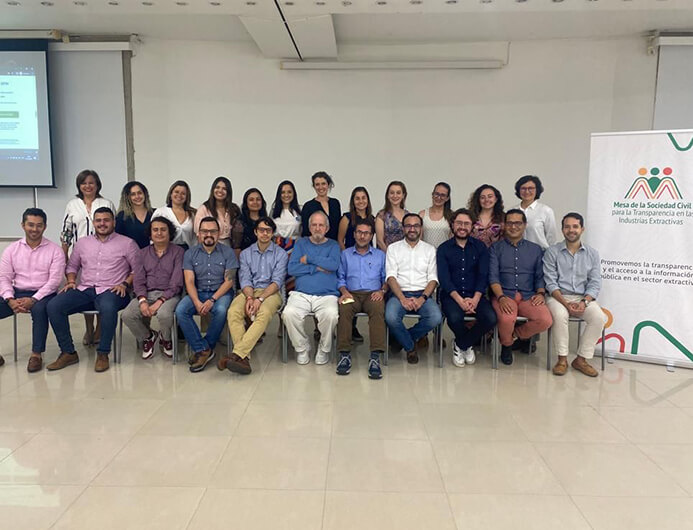
Find out more about our members
Non-governmental organisations, universities, foundations, and social organisations.
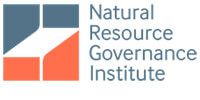
The Natural Resource Governance Institute (NRGI) is an independent international non-profit organization. NRGI helps people reap the benefits of their countries’ natural resource wealth, oil, gas and minerals through applied research and capacity building approaches and technical advice.
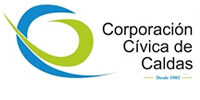
It is a civil society organization with 40 years of experience, whose mission is to defend the collective interest in the department of Caldas. Among its tasks is the social control through citizen oversight, in order to ensure public resources, transparency and access to public information. In addition to exercising a pedagogical function, civic and citizenship awareness, before society and the authorities. In the area of extractive industries, the observation of projects and the accompaniment of their communities will be their contributions.
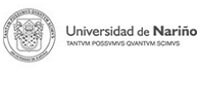
It is an educational institution with official character that from its autonomy and democratic conception and in coexistence with the southern region of Colombia, forms human beings, citizens and professionals in the different areas of knowledge and knowledge with ethical foundations and critical spirit for alternative development in the global event.
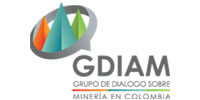
As of 2018, the GDIAM in its territorial experience in Antioquia has consolidated a multi-stakeholder dialogue scenario, generating consensus and proposals around a shared vision of development with a regional approach for the department, recognizing mining as a fundamental dynamizer to establish synergies with other productive activities. Enabling the articulation, transformation, competitiveness and sustainability of the region’s territories.

The Stockholm Environment Institute -Latin America, based in Bogota, is the regional center of the Stockholm Environment Institute (SEI), an independent international research organization addressing environmental and development challenges. SEI Latin America’s research agenda focuses on the profound transformations taking place in the region and encompasses environmental policy, water, bioeconomy and energy transitions.

